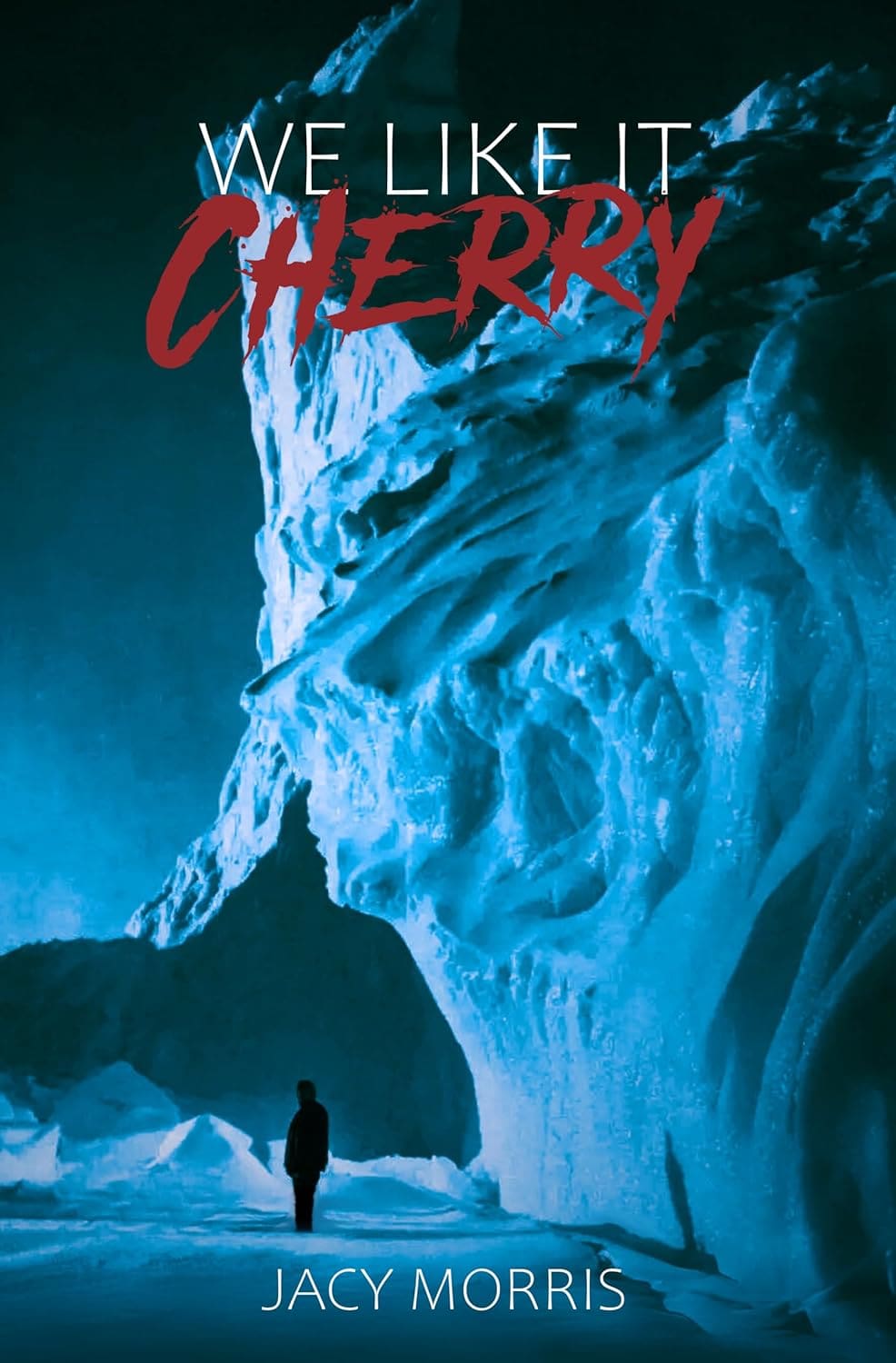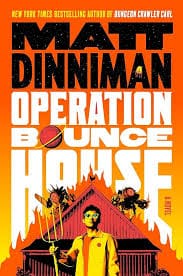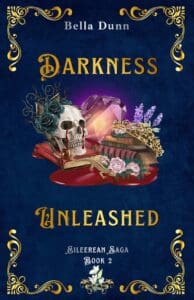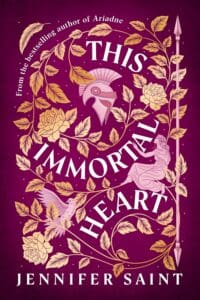
Glacier-dn’t have gone there
Synopsis
Ezra Montbanc is burned out. The reality series he hosts—immersing himself into the cultures and celebrations of Indigenous tribes—borders on pure exploitation and has been relegated to tax write-off status by the network; this was not the prestigious journalism career he had long envisioned.
Everything changes when Ezra receives an invitation to document the rites of a mysterious, hitherto unknown tribe: the Winoquin, who reside in the harrowing, inhospitable Arctic. Ezra and his crew depart immediately for the home of the Winoquin, only to find themselves in a bloody battle for survival against a mythical horror with a serious grudge against modern man.
Review
Arctic survival horror is its own terrifying niche, as exemplified by excellent efforts such as The Terror by Dan Simmons or (Ant)arctic stunner All the White Spaces by Ally Wilkes. Its common themes are brutal conditions (nice toes, shame if you lost them) and a thrilling race for survival mixed with often surreal supernatural elements and questions of race, culture, and identity. We Like It Cherry by Jacy Morris, out 31 July, has all these elements, but is at once its own thing and has found its perfect home with horror indie press Tenebrous, the pioneers and provocateurs of the Weird in horror. And thus we have a frankly glorious creation; at once a harrowing, thrilling tale of survival in an utterly unforgiving landscape whole also a mind-altering, surreal fable of what is important in life and how a completely alien society can help us find it.
The plot concerns Ezra Montblanc, who hosts a reality series Indigenous Insider, where he immerses himself in the cultures of various indigenous tribes. Despite his initial ambitions it’s quickly become clear this is a cynical enterprise, and moreover Ezra, in a relationship with his cameraman Stu, fears the consequence to his fanbase of coming out as gay. After a chance encounter with a member of the Winoquin tribe, who live an undisturbed existence in a remote part of the Arctic, he is invited with his documentary team to witness a rare ritual on a remote glacier. But the chance of a lifetime soon turns into a race for survival for him and his team against a supernatural horror bent on revenge.
The first thing to say is that this tale is unspeakably tense. From the moment they arrive on the glacier–following a marvellously nerve-wracking scene simply to access it—things go downhill very fast, and each page is a new descent into breath-stealing horror, both of the utterly gory kind (no spoilers, but consider the title) but also of the sheer brutal sense of the environment. The cold here seeps out of the page and into your bones, and Morris doesn’t shy away from vividly painting its effects, even as he’s busy with the most outlandish forms of gore and slasher-esque action.
But, perhaps most impressively, Morris maintains this perfect balance between the thrills and the utterly impressive and alien sense of a different world and different culture, with values we cannot understand but, in some sense, possibly should. The Winoquin find our concepts of the desire for fame, the shame of love, the individualism of society, even the grief of death, utterly bizarre and have no time for them, and Morris expertly weaves this sense of a culture and philosophy clash among the frantic survival horror and surreal supernatural elements. Yes, there is a sense of revenge and Western guilt here; the glacier won’t exist soon due to climate change, and nor will their nearby lands, but more than that, there is a sense of the ending of something, and of the need to understand that before it goes.
This leads to some of the book’s best scenes, where our protagonist Ezra, realising, possibly too late, the utter falsity of his life pre-glacier, is forced to deconstruct all the social constructs of the West even as he is battling against the supernatural and the cold in one of the year’s most brutal and awe-inspiring settings. If you can spare some time from being utterly engrossed in the increasingly desperate race for survival, then you may well start questioning your own life and values—I certainly did—and be thankful you don’t have to risk your toes, or your existence, to do so.
A near-perfect survival horror, as nail-bitingly tense as it is body-bitingly gory, elevated further by the questions it asks of Western identity and its fake social constructs. Genuinely unmissable.









Leave a Reply